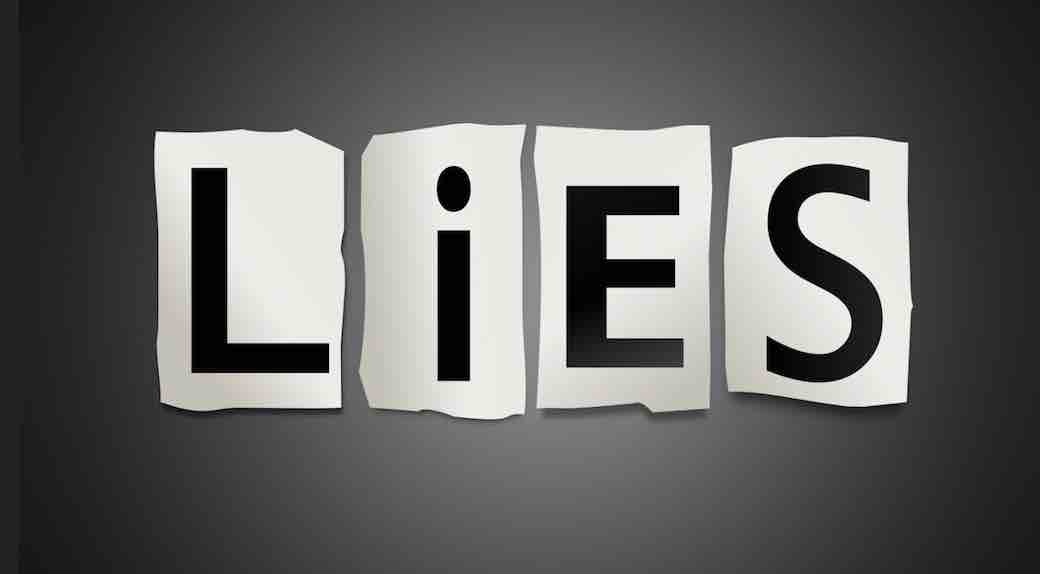MOSCOW — In a cable to Washington in 1944, George F. Kennan, counselor at the United States Embassy in Stalin’s Moscow, warned of the occult power held by lies, noting that Soviet rule “has proved some strange and disturbing things about human nature.”
Foremost among these, he wrote, is that in the case of many people, “it is possible to make them feel and believe practically anything.” No matter how untrue something might be, he wrote, “for the people who believe it, it becomes true. It attains validity and all the powers of truth.”
Mr. Kennan’s insight, generated by his experience of the Soviet Union, now has a haunting resonance for America, where tens of millions believe a “truth” invented by President Trump: that Joseph R. Biden Jr. lost the November election and became president-elect only through fraud.
Lying as a political tool is hardly new. Niccolo Machiavelli, writing in the 16th century, recommended that a leader try to be honest but lie when telling the truth “would place him at a disadvantage.” People don’t like being lied to, Machiavelli observed, but “one who deceives will always find those who allow themselves to be deceived.”
A readiness, even enthusiasm, to be deceived has in recent years become a driving force in politics around the world, notably in countries like Hungary, Poland, Turkey and the Philippines, all governed by populist leaders adept at shaving the truth or inventing it outright.




